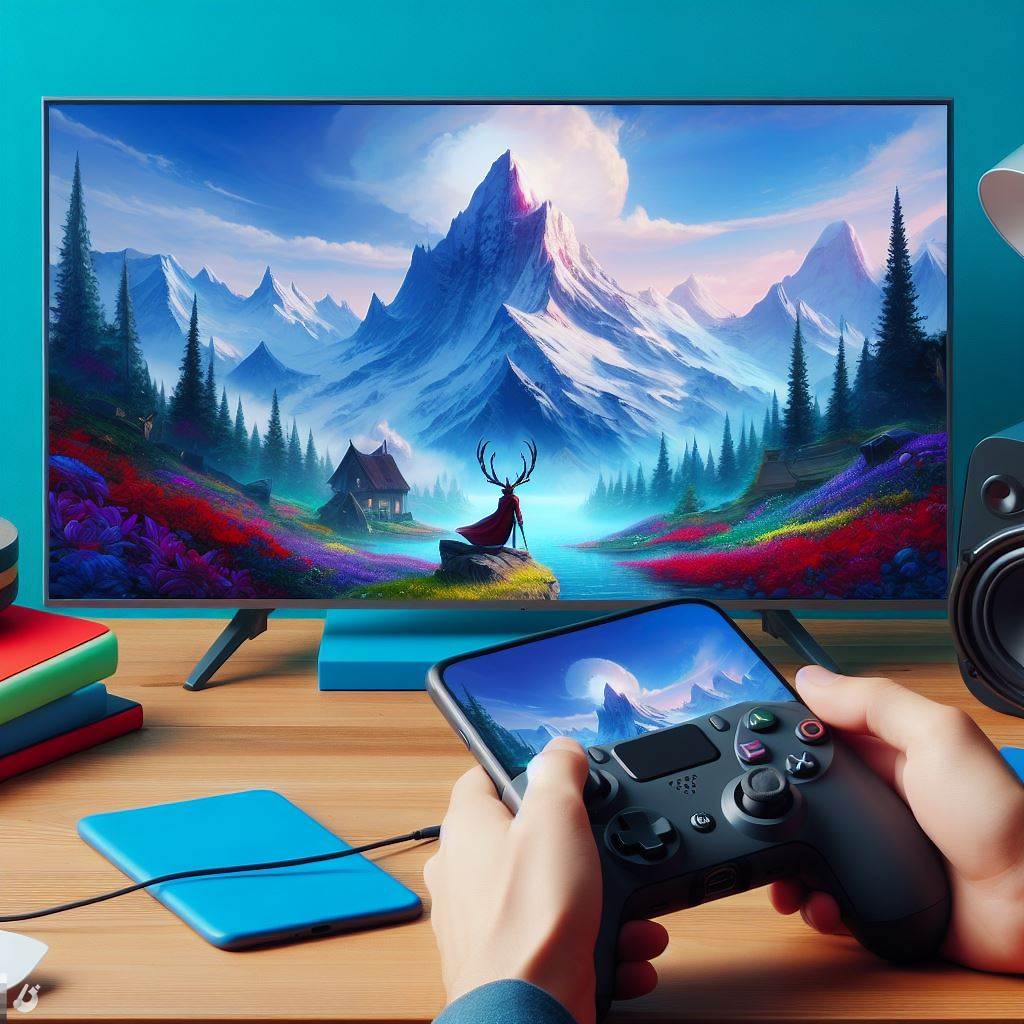WHAT IS AUDIO DESCRIPTION?
Similar to how closed captioning enables deaf and hard-of-hearing viewers to see what the characters are saying, audio description enables blind and low-vision viewers to hear what the characters are doing. For example, by describing important visual aspects of a film, audio description lets blind and low vision viewers know where scenes are taking place, what characters look like, what important actions are taking place, and more.
In short, audio description allows more people to appreciate the work you did to create visually striking scenes.
DOES SUPERFEST REQUIRE AUDIO DESCRIPTION?
Yes. Superfest requires audio descriptions for all films shown at the festival. However, you do not have to have an audio-described film to submit your entry to Superfest. Once filmmakers are notified of their acceptance to the festival, they are required to provide an audio-described version of their film. If you are not willing to consider an audio description, you should not submit to Superfest.
Screening audio-described films reflects Superfest’s priority of making culture accessible to everyone and our firm belief that accessibility improves everyone’s experience of culture—regardless of disability. This is why Superfest plays audio descriptions for the entire audience rather than only for blind and low-vision audience members who request accommodations. In a typical film screening, upon request blind and low-vision audience members are given special earpieces that play the audio description for them alone. In the spirit of spontaneity, accessibility, and valuing difference, we at Superfest cut out the middleman and simply play the audio description for the entire audience.
Not only does this allow blind and low-vision people to appreciate films without having to make prior arrangements, but we have also found that all audience members come away with a deeper appreciation of films after viewing audio-described versions.
WON’T SIGHTED VIEWERS BE DISTRACTED BY THE AUDIO DESCRIPTION?
Past festivals have shown that audio descriptions actually add to sighted viewers’ experience of films. When a sighted viewer hears an audio description for the first time, it can take a few moments to settle into it, but if done right, the viewer soon forgets that it’s there, even enriching their experience. In surveys circulated amongst festival attendees, sighted audience members have reported that audio descriptions made them notice aspects of the films that they wouldn’t have seen otherwise.
WHAT IS THE BEST APPROACH TO CREATING AUDIO DESCRIPTION? WHAT DOES GOOD AUDIO DESCRIPTION INCLUDE?
Superfest encourages the use of audio description that flows well with the film, providing lush detail that benefits anyone viewing the film rather than robotic, bare-bones details. Good audio description should function as a kind of secondary narration that fits (and sets) the tone of each scene. Think of audio description as another tool to communicate the message of your film—and use that tool well.
DO I NEED TO USE AN OUTSIDE COMPANY TO WRITE AND RECORD THE AUDIO DESCRIPTION OR CAN I DO IT IN-HOUSE?
While Superfest does not require filmmakers to use outside companies to create audio descriptions, we caution that crafting audio descriptions is a skill refined through years of experience. Not only do audio description services employ experienced writers and describers, but they also employ blind and low-vision quality control specialists who ensure that the audio description is useful.
If you do choose to write and record audio descriptions in-house, we recommend that you consult with experienced creators and consumers of audio descriptions.
WHAT ARE SOME EXAMPLES OF QUALITY AUDIO DESCRIPTION?
This clip from That 70’s Show demonstrates how audio description can be used to describe nonverbal communication and relationships between characters.
This clip from a nature documentary shows how audio description can be used to supplement existing narration with rich, visual detail.
The audio-described trailer for the film Frozen shows how audio description can detail and add to visual sequences, including slapstick comedy.
WHAT HAVE PREVIOUS SUPERFEST FILMMAKERS SAID ABOUT CREATING AUDIO DESCRIPTION FOR THEIR FILMS?
One director said, “The description for blind people drew my attention to things that I had overlooked or didn’t realize were so powerful,” while another filmmaker declared that from now on, he would only send the audio-described version of his film to festivals because “it adds a deeper, elevated layer to the film, and the description means that more people can enjoy [it]. Why shouldn’t audio description be the default?”
Many thanks to Michele Spitz: Woman of Her Word for her long-time support of Superfest.


